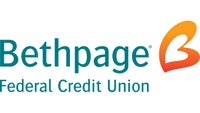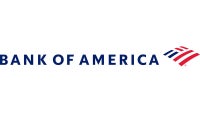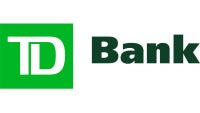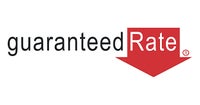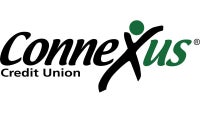
Bankrate Rating = 4/5
The Bankrate Score is based on availability, including minimum loan amounts and loan types; affordability, including introductory/minimum APRs and discounts; and customer experience, including auto-payment and online accessibility.
- Lender
- Comerica Bank
- Interest Rates
- Starting at 6.49% APR (special introductory rate)
- Approval Time
- N/A
- Max LTV Ratio
- 80%
- Minimum Credit Score
- N/A
- Available Term Lengths
- 30 years
- Line of Credit Amount
- $10,000-$500,000
- Fees
- Comerica’s fees vary by state. For example, California has an early termination fee of 2 percent of the credit limit with a maximum fee of $500 if the account is closed within the first three years.
